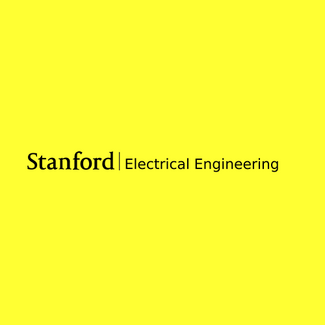
EE Colloquium Series: Next Generation Power Electronics: Overcoming Key Barriers for Electric Aircraft and Ultra Efficient Power Delivery for Data Centers
AllenX 101X
Abstract: As our society has become increasingly reliant on electrical energy, the technologies of power electronics, the circuits which process electrical energy, are assuming a larger and larger role in achieving our climate goals. The success of applications such as electric vehicles, data center power delivery, and renewable energy resources for the grid is gated on the development and deployment of high-performance power electronics. Typically, power converters are performance limited by the size and loss of the passive components (e.g., capacitors, inductors, and transformers) within them. New techniques are thus required in order to push power electronic performance to the next frontier and accelerate greener energy processing.
This talk focuses on a subset of power converters termed Hybrid-Switched-Capacitor (HSC) converters. These converters primarily process the energy stored in the converter through high-energy-density capacitors rather than inductors as traditional topologies do. However, these benefits in performance come at the cost of complexity of implementation and control. I will focus on the analysis of one such HSC topology termed the Flying Capacitor Multi-Level (FCML) converter. This topology can significantly outperform conventional topologies in applications such as electric aircraft and data center power delivery. By understanding the characteristics and dynamics of this topology, we are able to unlock an extremely high-performance technique, helping to remove the limitations power electronics places on performance critical systems.
Bio: Rod Bayliss III is a 3rd year Ph.D. student in the Pilawa Power Electronics Research Group at the University of California, Berkeley. He previously received his B.S. and M.Eng. degrees in electrical engineering from the Massachusetts Institute of Technology (MIT) in 2020 and 2021. His research interests include multi-level power converter design and control and high-performance power magnetics design. Rod is a recipient of the Hertz Fellowship and the UC Berkeley Chancellor's Fellowship.